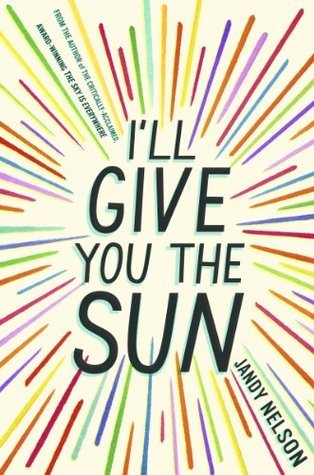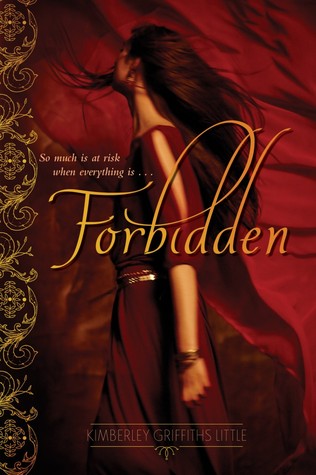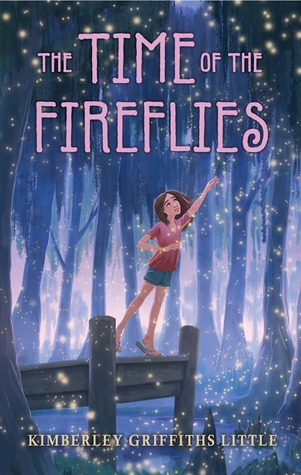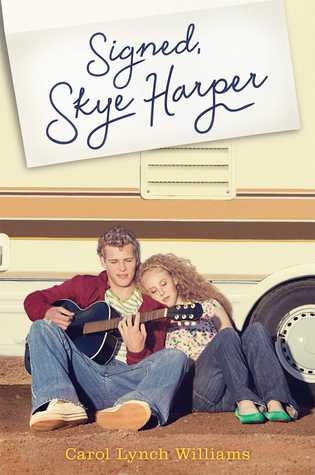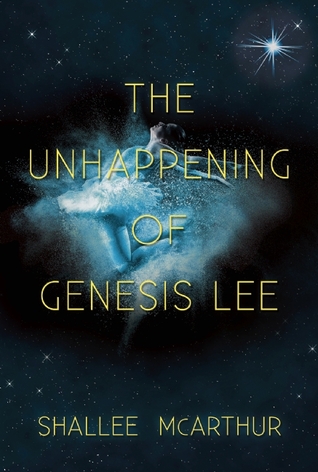 Chris Crowe's Death Coming Up the Hill has the potential to be gimmicky: after all, it's written entirely in haiku (976 stanzas--one syllable for each of them 16,592 American soldiers who died in Vietnam), it deals with a boy coming of age in 1968, at the height of the Vietnam war, and his parent's imploding marriage--both of which have the potential for heavy clichés.
Chris Crowe's Death Coming Up the Hill has the potential to be gimmicky: after all, it's written entirely in haiku (976 stanzas--one syllable for each of them 16,592 American soldiers who died in Vietnam), it deals with a boy coming of age in 1968, at the height of the Vietnam war, and his parent's imploding marriage--both of which have the potential for heavy clichés.Surprisingly enough, despite the format, the book is compulsively readable (I read the entire thing in less than an hour). The haiku is almost effortless--after the first couple of pages, I stopped noticing that the story was in haiku and was drawn, instead, to Ashe's life, to his obsession with the mounting casualties in Vietnam, his growing relationship with his girlfriend, and the truce he tries to negotiate between his parents, an unlikely couple who married only because he was on the way.
In fact, it might be the haiku itself that lends a kind of sparseness and elegance to the prose. I found the story thought-provoking and poignant, and I think it would probably work great in a high school English classroom (or history, for that matter). There were a few places where the sparseness lent itself more to telling than showing--we get a lot more of what's in Ashe's head than fleshed out scenes from his life, though that isn't always a bad thing. And the alignments between his parents' war and the war in Vietnam were sometimes a little too heavily drawn. All told, these are pretty minor critiques for a book that deserves credit for taking an unusual form and crafting it into a powerful story.
